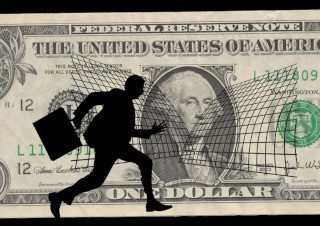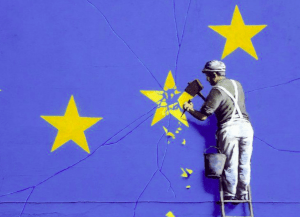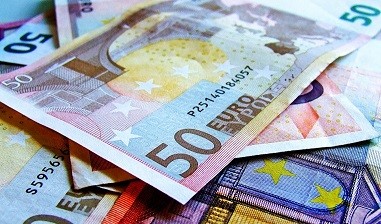Category: Economics
The Silent Crisis: How America’s Middle Class Is Struggling to Survive
Gold Market Performance in 2024 and Prospects for 2025: A Year of Resilience and Future Growth

The year 2024 proved to be an exceptional one for gold, as the yellow metal defied expectations and delivered impressive gains. By the end of the year, its price had surged by nearly 27%, marking one of its best performances of the century. This rally was the largest since 2010, with gold reaching a peak of $2,790 per ounce in late October before settling at around $2,626.80 by December.
Official US Poverty Rate Declined in 2023, but More People Faced Economic Hardship
The official poverty measure declined to 11.1% in 2023 from 11.5% in 2022. At the same time, the supplemental poverty measure, an alternative way to measure poverty introduced in 2011, increased to 12.9% in 2023 from 12.4% a year earlier.
The Leading Alternative to GDP Is Languishing Over a Technical Disagreement – With Grave Potential Consequences
A whole “beyond GDP” movement has emerged over the last several decades, arguing that we should adopt a new way of measuring the wealth of nations. There is an ongoing debate about the best alternative, and many indicators have supporters, such as gross national happiness and the genuine progress indicator.
Hayek’s Road to Serfdom at 80: What Critics Get Wrong About the Austrian Economist
Robo-Advisers Are Here – The Pros and Cons of Using AI In Investing
AI-powered robo-advisers, such as Betterment and Vanguard in the US, and finance app Revolut in Europe, are now democratising investment. These tools are making professional financial insight and portfolio management available to everyone. But although there are plenty of advantages to using robo-advisers, there are downsides too.
The Marketing Tricks That Have Kept Barbie’s Brand Alive for Over 60 Years
Why the New Trillions Did Not Cause Hyperinflation?
The Fed issues as much dollars as needed by writing the new trillions on its balance sheet. As long as this system continues working, hyperinflation is very unlikely to happen.















